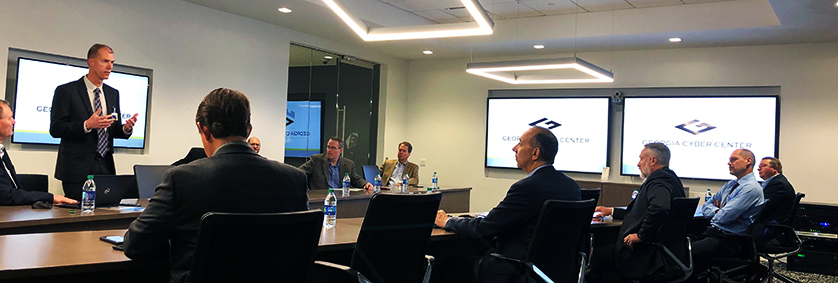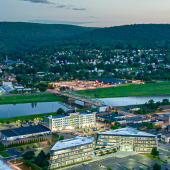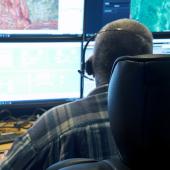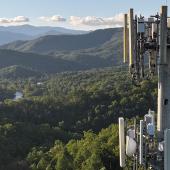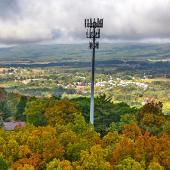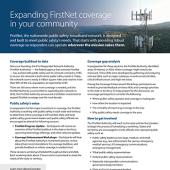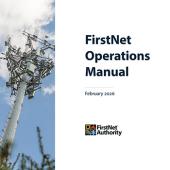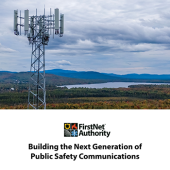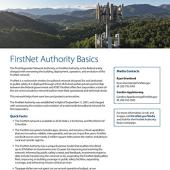When your job is to protect our communities, nothing is more important than being connected, protected and situationally aware. As a U.S. Army veteran with three tours in combat, I had the privilege to serve while establishing communications systems in some of the most difficult circumstances to help our soldiers move, shoot and communicate. What I learned from these experiences is that communications is a vital lifeline essential to success.
Today, adversaries are working to disrupt our nation’s communications and critical infrastructure through cyberspace. With America’s first responder network – FirstNet – now over 50% deployed across the nation, we must continue to protect and secure our growing capability and capacity for public safety.
Recently, I joined FirstNet Board Chair Edward Horowitz and members of the Board’s Technology and Public Safety Advocacy Committees at the Georgia Cyber Center in Augusta, GA. There, we learned more about the evolving cyber threat landscape and the capability, facilities, and $100 million cyber investment by the State of Georgia to promote and foster innovation and technical collaboration.
The Georgia Cyber Center represents the largest state investment in a cybersecurity facility in the nation to date and is a unique public-private collaboration that includes Augusta University, Augusta Technical College, the University System of Georgia’s research institutions, the Technical College System of Georgia, the city of Augusta, the Georgia Bureau of Investigation, the Georgia Department of Defense, and other state, federal and private-sector entities working together to innovate, train, and strengthen defenses.
During our visit we learned how US Cyber Command, the National Security Agency (NSA) -Georgia, the United States Army, and the United States Department of Homeland Security are establishing unique capabilities for the nation. We also learned how government entities and the private sector are working together and innovating with academia to solve technical problems and develop the next generation of cyber capabilities. This construct is unique and could foster new capabilities to protect business, critical infrastructure, and our first responder network in the 21st century.
We learned a great deal in Augusta about the power of working together that could inform future decisions and help keep first responders better protected. It is great to see the innovation and collaboration occurring at the Georgia Cyber Center, and we are excited to see the progress of the Georgia Cyber Center as FirstNet is built out across the nation for our first responders.
As FirstNet advances on behalf of public safety, we will continue to focus on ensuring that public safety has a platform that is highly reliable and secure to meet their lifesaving needs. I want to thank the Augusta University leadership and the Georgia Cyber Center team for hosting us and for all they do to innovate, train, and prepare the next generation of cyber leaders to meet the challenges that lay ahead.


